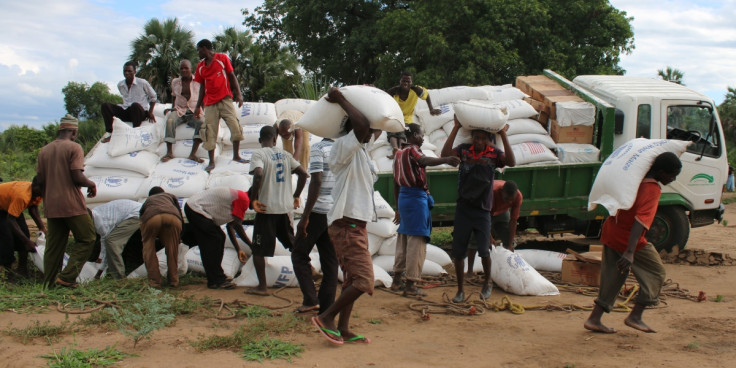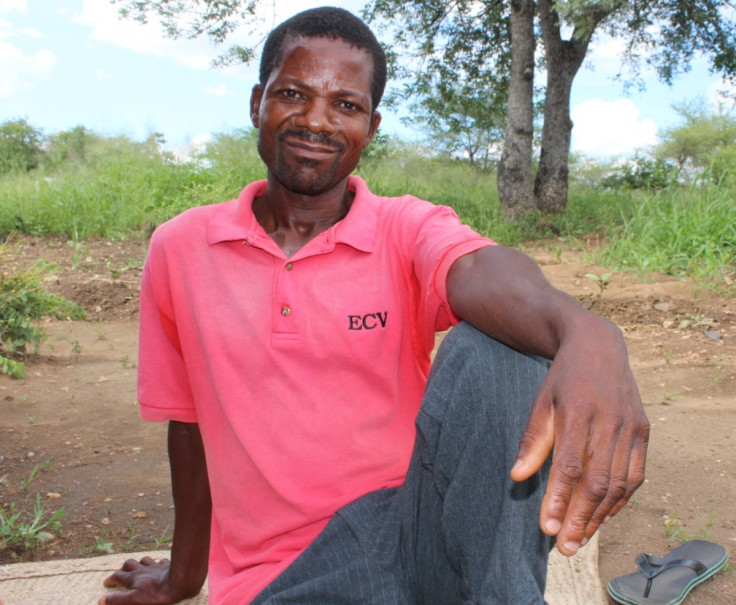Malawi drought: 'We are dying of hunger' warns village leader

"We are dying of hunger," Gerlad Major, a community leader in southern Malawi, told IBTimes UK. Major, who is also the lead farmer of his community, looks after 550 people in the Manyenje village, Neno district, currently being affected by a severe drought.
At least 14 million people in Malawi and surrounding nations, where people mostly rely on agricultural practices for their survival, have been impacted by a drought exacerbated by the El Nino phenomenon, caused by warm water in the Pacific Ocean.

Major explained that Malawi is often hit by droughts and floods that ruin crops, but this year's drought is one of the worst. "It is too much: Crops just fall down because they are dry," he said.
"Children cannot go to school because fee money is used to buy food, but I encourage parents to send their children to school or at least keep them at home."
The chief explained that when children go out to look for food, they often engage in premarital relationships or transactional sex and girls end up getting married or fall pregnant.
NGOs such as World Vision are running programmes assisting thousands of people by, among other things, delivering maize and oil to thousands of families on behalf of the World Food Programme (WFP).
Malawi drought factbox
Lack of rains have resulted in losses of crops making this year's harvest – which typically takes place in March and April – almost impossible for thousands of households in Malawi, where maize is a staple food.
At least 2.8 million people – 1.5 million children – are facing hunger and its effects on growth.
The World Food Programme (WFP) is delivering food to thousands of households until April and said Malawi needs $38m (£27m) to help those affected by food insecurity.
Analysts warned assistance to people who are facing hunger could be further undermined as donors have cut aid to Malawi following a 2013 financial scandal known as cashgate.
More on the drought in Malawi here.
"We are currently being helped by World Vision and we hope that through the media we can raise awareness of our situation and maybe some other people can come and help us. We are facing lots of challenges," Major said.
The Malawian government recently announced that the state-owned Admarc (Agricultural Development and Marketing Corporation) is importing 30,000 tonnes of maize from Zambia and another 50,000 tonnes from Tanzania.
For a 50kg bag of maize sold by Admarc, people currently pay Malawian Kwacha (K) 120 (£0.11) per kg. However, maize not sold by Admarc currently costs K270 per kg, with prices expected to increase.
Noel Chalamanda, the mayor of Blantyre, told IBTimes UK the government is doing the best it can to help people affected by the drought. He also urged Malawians to "stop depending on rain" and do more to irrigate their crops.
IBTimes UK travelled to Malawi courtesy of World Vision UK. Click here for more information about the charity's work in Malawi.
© Copyright IBTimes 2025. All rights reserved.




















